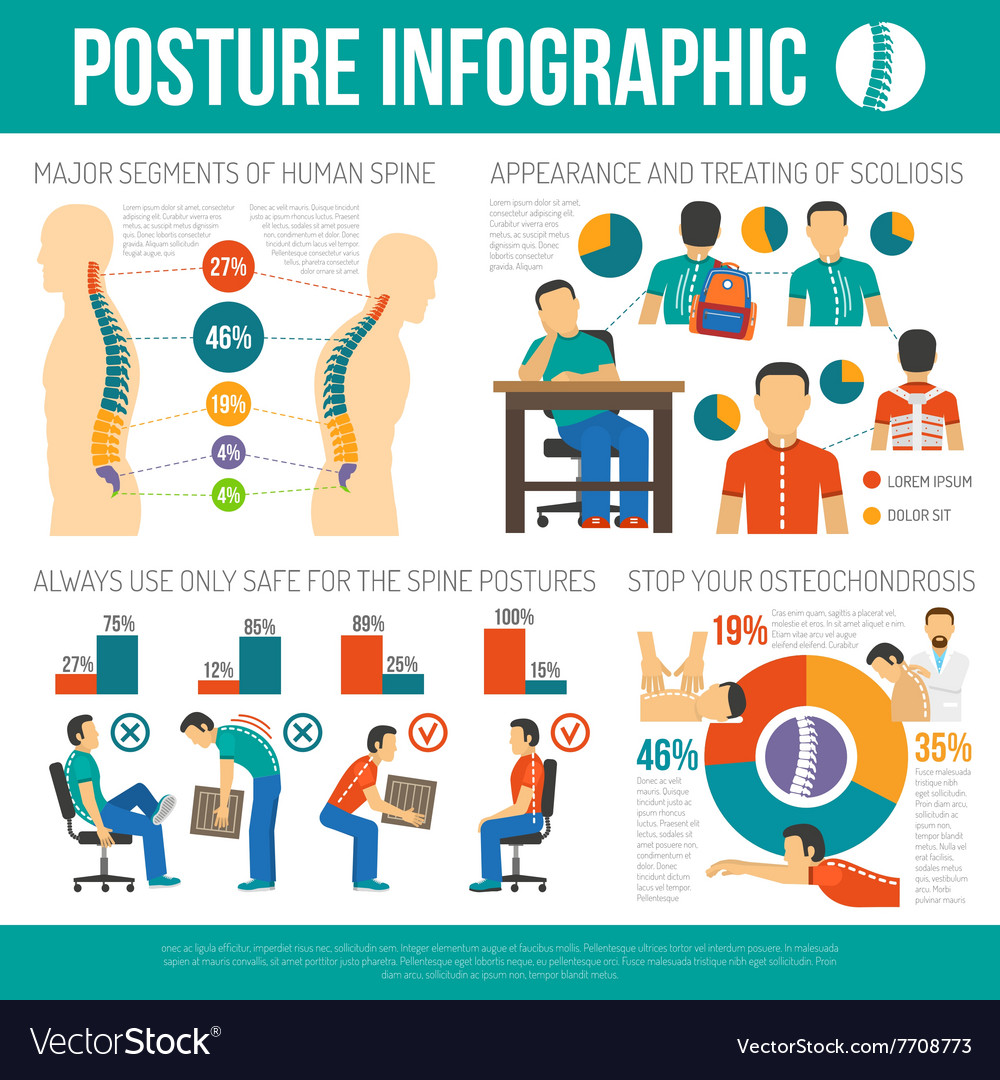The Role Of Nutrition In Pain In The Back Monitoring: Foods To Consume And Avoid
The Role Of Nutrition In Pain In The Back Monitoring: Foods To Consume And Avoid
Blog Article
Developed By-Hsu Camp
When it concerns handling your neck and back pain, the food options you make can considerably influence how you feel daily. https://chiropractortherapy40628.fare-blog.com/30783718/the-influence-of-posture-on-neck-pain-advice-for-keeping-optimal-positioning-throughout-the-day having the ability to ease your discomfort just by changing what you consume. By comprehending the duty of nourishment in back pain administration and knowing which foods to incorporate or stay away from, you can take aggressive actions towards a healthier and more comfy way of life. https://www.murfreesboropost.com/news/state/the-joint-chiropractic-becomes-an-official-chiropractic-partner-of-vanderbilt-athletics/article_024c3d23-9194-5faf-a494-f94d65033c7e.html between nourishment and back wellness is a lot more profound than you might understand-- let's explore exactly how specific foods can either relieve or aggravate your pain in the back.
Value of Nourishment in Pain In The Back
Nutrition plays an essential duty in taking care of pain in the back. Your diet can substantially impact swelling levels and total discomfort levels in your back. Eating a balanced diet regimen abundant in nutrients like vitamins D and K, calcium, magnesium, and omega-3 fats can help reduce swelling and strengthen bones, which are necessary for back wellness.
Furthermore, keeping a healthy and balanced weight via correct nutrition can relieve anxiety on your back, decreasing the threat of back pain.
Moreover, particular nutrients like anti-oxidants found in fruits and vegetables can help fight oxidative stress and anxiety and advertise healing in the body, including the back muscles and spinal column.
On the other hand, eating extreme amounts of refined foods, sugary beverages, and unhealthy fats can contribute to swelling and weight gain, worsening pain in the back.
Foods to Eat for Back Health And Wellness
To support a healthy back, including nutrient-rich foods into your day-to-day dishes is key. Consisting of foods high in antioxidants like berries, spinach, and kale can help in reducing inflammation in your back, easing discomfort and discomfort. Omega-3 fatty acids located in fatty fish such as salmon and mackerel have anti-inflammatory buildings that can profit your back wellness.
In addition, consuming nuts and seeds like almonds, walnuts, and chia seeds provides important nutrients like magnesium and vitamin E, which sustain muscle mass function and decrease oxidative anxiety. Including lean proteins such as poultry, turkey, and tofu can aid in muscle repair service and upkeep, promoting a strong back.
Don't forget to consist of milk or fortified plant-based options for calcium to sustain bone health. Lastly, moisten with plenty of water to maintain your back discs hydrated and functioning optimally. By consisting of these nutrient-dense foods in your diet plan, you can nurture your back and support overall back health.
Foods to Prevent for Pain In The Back
Go with preventing refined foods high in sugarcoated and trans fats when seeking remedy for neck and back pain. These sorts of foods can add to inflammation in the body, which may aggravate pain in the back. Say no to sweet treats sweet, pastries, and sweet drinks, as well as fast food items like hamburgers, french fries, and fried chicken that are commonly packed with trans fats.
Furthermore, steer clear of foods consisting of high degrees of refined carbohydrates, such as white bread, pasta, and pastries, as they can increase blood glucose degrees and possibly intensify swelling in the body.
It's likewise important to limit your intake of foods high in saturated fats, like red meat and full-fat dairy items, as they can contribute to swelling. Processed foods like delicatessens meats, chips, and packaged treats are commonly high in saturated fats and should be eaten in small amounts.
Conclusion
In conclusion, focusing on your diet and making wise food selections can have a considerable influence on taking care of back pain. By incorporating nutrient-rich foods like berries, fatty fish, nuts, and lean proteins, and preventing refined and sugary products, you can help in reducing inflammation and support in general back health and wellness. Remember, what you eat plays a vital function in how you feel, so make sure to prioritize your nourishment for a healthier back.
